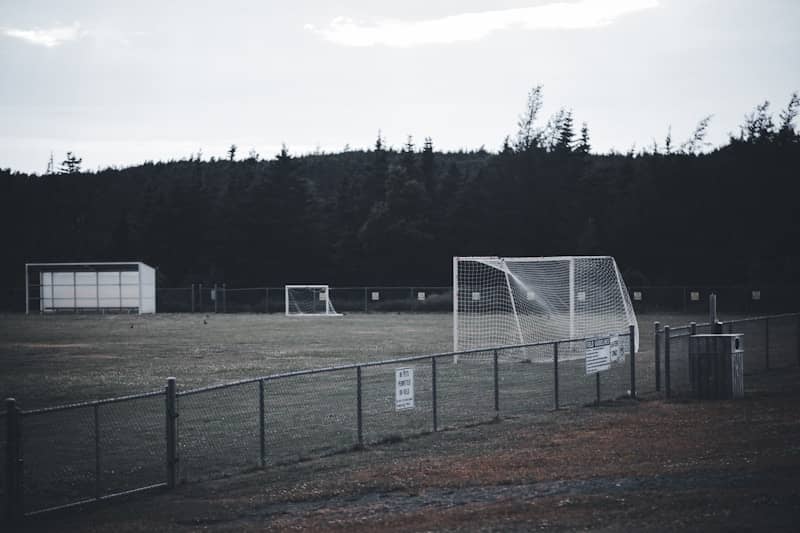Reader,
Increasingly, it feels like both coaches and players are in a hurry, rushing through their own development in an effort to reach the senior level as quickly as possible.
I see this in coaches who seem in a hurry to obtain qualifications quickly, looking to advance their CV before they are potentially ready, maybe looking to get the coaching badge to get a specific job, without doing the hours on the grass.
For players (and parents), I see a rush to get into the next age group quicker, a desire to play up an age group, and to be identified by professional clubs.
Perhaps it’s driven by fear of missing out? Perhaps it’s a reflection of individualism in society? Maybe it’s purely about chasing status.
I am well aware of parents who share their kids’ football achievements weekly online, bragging about goal tallies and other achievements. I’m not saying we shouldn’t be proud of our kids, but when I see this, I wonder who it’s for and why?
From a coaching perspective, I often warn many young coaches to stay patient, do the time on the ground.
Formal education is important, but I believe the biggest lessons we learn are in our environments, on the grass, testing ideas and working across a variety of age groups.
I have now been coaching for 23 years, and have coached every age group from U6 to Men’s and Women’s Football. One thing I am clear on is that I am still learning.
I don’t think coaching is ever mastered. The game (in any sport) will continue to change, and we all have gaps, blind spots and personal strengths in our coaching.
Three Things to Consider
1 – Do the time
I heard a great quote this week from Ray Dalio that “Pain plus reflection equals progress.” If you want to develop your coaching skills and have ambition for a career in coaching, be prepared to grind and continue to self-reflect.
Many of the best coaches (and mentors) I have worked with have stayed the course over 10 – 20 years, taking roles in community football, football development, school teams, part-time academy roles, running their own coaching businesses and investing time to master their craft. Being the first to get a badge doesn’t necessarily make you the most qualified to take a senior role.
2 – Look beyond sport
There are countless examples of world-class coaches who have backgrounds as teachers or in education.
Similarly, there are skills in commercial environments that can add enormous value to your coaching, whether that’s working in a bar and learning to connect with people, or being part of a team in a more corporate environment. There are so many coaching lessons to be learned beyond the game in business.
3 – Stay curious, be aware
If you are open-minded and keen to learn, you give yourself the best opportunity to develop. Seek feedback, actively reflect and stay humble. There is always something to learn.
More so, be self-aware about your own areas of strength and opportunities to develop. Seek a mentor to provide support and guidance.
One thing to try this week
Map your strengths and development areas. Nail down 3-5 areas that you believe are coaching attributes and 3-5 areas you believe you can work on.
From here, ask someone appropriate to watch you coach and offer feedback around these areas. If you have access to video (and perhaps don’t have a mentor who can watch), film yourself working and then reflect and analyse your own performance.
One Critical Resource on the Topic
Check out this PDP Guide on the importance of self-reflection for both coaches and players.

